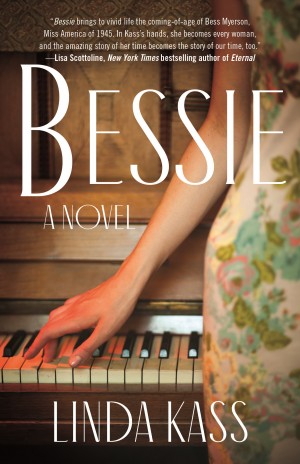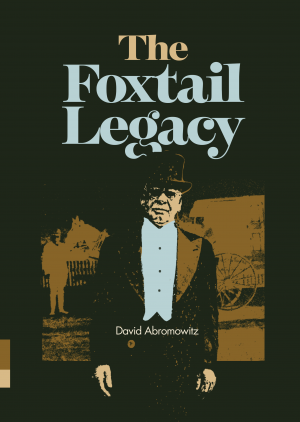A Castle in Brooklyn is a resonant novel that tells its story slowly and incrementally, the way a wall is painted and repainted over time. Telling the story of a simple Brooklyn house and its inhabitants through the years, Shirley Russak Wachtel richly characterizes this modest structure and the lives lived within its walls.
The home in question is at first only a yearning in the heart of Jacob, a young Polish Jewish boy hiding from the Nazis in the barn of a kind non-Jewish woman. While he tries to survive under the straw, surrounded by milk-cows and mice, Jacob dreams of the day he will build a home, his own home, one in which he is not only living safely but strongly. He imagines a place as enduring as his budding heroic self, capable of surviving anything:
There it was. Looking just like a gingerbread from a fairy tale.
Constructed of sturdy wooden beams, studs, crossbeams and
braces, the home was designed to withstand even the most
turbulent of winters.
Jacob imagines that his future house will not only be strong, but also joyful, with “buttery yellow walls” and, outside, a porch lantern to “cast a single golden ray of light on nights when the sky was moonless.” His own dark life is illuminated when Zalman, a young man and budding architect, suddenly joins him in the barn.
After the war ends, Jacob, a new American immigrant, marries a woman named Esther. He invites Zalman, by then like a brother to him, to share their “castle in Brooklyn.” Eventually, Zalman finds himself tantalized not only by Esther’s outward appearance, but also by the sensitive, lyrical nature of her soul. As Esther plays Debussy’s “Clair de Lune” on the piano, Zalman cannot help but feel moved. Triangles, particularly romantic ones, are never fully stable, and so Jacob’s dreams of surviving turbulence — and maintaining his friendship with Zalman — are deeply shaken.
Over the years, even after Zalman leaves the “castle,” Jacob and Esther undergo a series of life-changing events. The house changes, too: it becomes a haven for other refugees, including a Japanese family whose father was interned in an American camp and a gaggle of noisy Southerners and their rescued dogs. At the heart of the story lies not just the house, but the piano, the one on which Esther played “Clair de Lune” — which literally means moonlight.
These touches of illumination, like a porch lantern shining on the darkest nights, attest to Wachtel’s ability to weave together time and space, disaster and rebirth. Through all the ups and downs that occur over many decades, she manages to keep A Castle in Brooklyn glowing.





